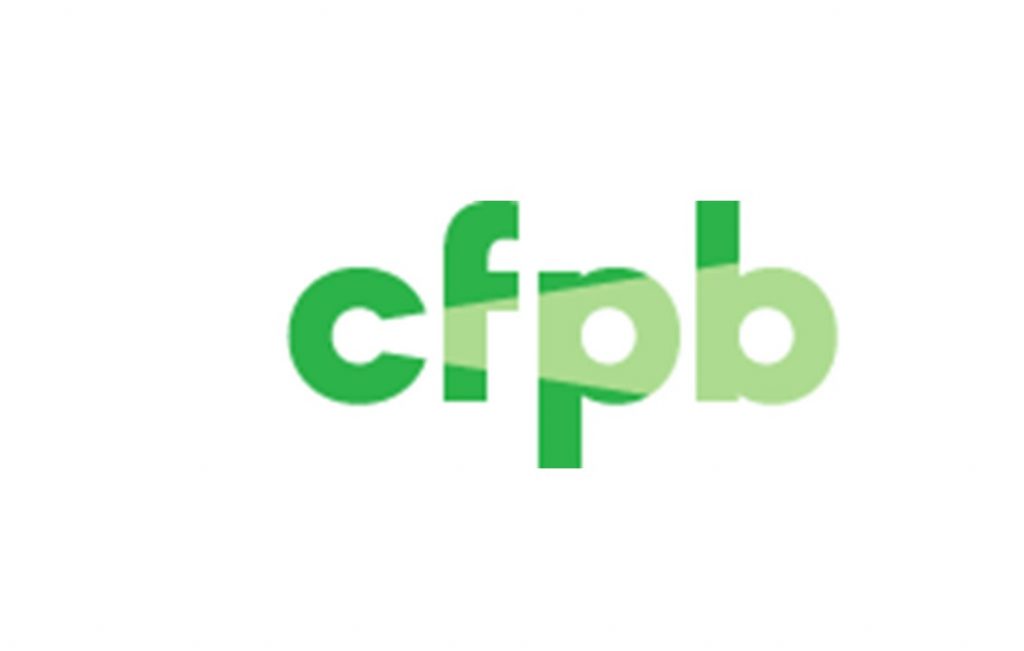
| Entities | |
| Topics and Issues | Closing costs (3) Credit scores (42) |
In May 2024, the CFPB announced a public inquiry into “junk fees that are increasing mortgage closing costs.” Comments on the seven-page RFI are due by August 2, 2024. As noted in the press release,
[t]he CFPB wants to understand why closing costs are increasing, who is benefiting, and how costs for borrowers and lenders could be lowered. According to a CFPB analysis, the closing costs borrowers pay in connection with a mortgage have risen steeply in recent years. From 2021 to 2023, median total loan costs for home mortgages increased by over 36%. The unavoidable fees borrowers must pay at closing can strain household budgets and families’ ability to afford a down payment. The fees may also limit the ability of lenders to offer competitive mortgages because they have to absorb the higher costs or pass them on to borrowers.
. . .
People rely on mortgage loans to buy their homes and to access home equity. When people purchase a home with a mortgage, they pay a number of fees, such as charges for credit reporting and title insurance. Even if disclosed, borrowers are compelled to pay the fees and may have no control over cost. In 2022, median closing costs were $6,000, and these fees can quickly erode home equity and undercut homeownership.
Mortgage lenders also pay a price when it comes to junk fees and excessive closing costs. For example, in recent years the cost of a credit report has risen substantially. Rising costs can prevent lenders from competing for every potential mortgage because these fees drive up the cost of considering an applicant.
The CFPB’s request for information seeks input from the public, including borrowers and lenders, about how mortgage closing costs may be inflated and constraining the mortgage lending market. Specifically, the CFPB asks for information about:
-
- Which fees are subject to competition: The CFPB is interested in the extent to which consumers or lenders currently apply competitive pressure on third-party closing costs. The CFPB also wants to learn about market barriers that limit competition.
- How fees are set and who profits from them: The CFPB wants to learn about who benefits from required services and whether lenders have oversight or leverage over third-party costs that are passed onto consumers.
- How fees are changing and how they affect consumers: The CFPB wants information about which costs have increased most in recent years and the reasons for such increases, including the rise in cost for credit reports and credit scores. The CFPB is also interested in data on the impact of closing costs on housing affordability, access to homeownership, or home equity.
The RFI opines that
The cost for credit scores, credit reports, and employment verification, for example, have all increased markedly over the last few years. Dominant market players have driven up costs through annual price increases that significantly outpace inflation, leaving lenders with little choice but to pay these higher rates. These higher costs are passed on to the consumer or eat into lenders’ bottom lines, in a market where mortgage originators are already facing financial challenges.
RFI, at 3 (citations omitted). The RFI also noted that in the closing process, there are “required services that cannot be shopped for (such as credit reporting costs).” Id. This has been a theme of the director for some time. The RFI continues:
Credit reports are an example of a cost that impacts both lenders and consumers and which has risen steeply over the last two years. The credit reporting industry is highly concentrated, with a handful of dominant players dictating the price of credit reports and scores. Credit reports play a critical role in the mortgage origination process. They help lenders price loans, and investors gauge credit risk. However, lenders have few options due to a lack of competition. Lenders typically pull credit reports at least twice, once at the initial application stage (a “soft pull”) and once when they are finalizing the loan terms (a “hard pull”).
Lenders report that “soft pulls,” often used to prescreen applicants, were significantly discounted until recently and now cost the same as the “hard pull.” Smaller recent increases in the cost of the “hard pull” may have an outsized effect because the Government Sponsored Enterprises (GSEs) Fannie Mae and Freddie Mac, as well as Federal Housing Administration (FHA), United States Department of Agriculture (USDA), and Veterans Affairs (VA), currently require that mortgage lenders use credit reports from the three national credit report companies, known as “tri-merge” reports, for loans that are purchased or insured by them. While a consumer can obtain their own consumer report file by law for free the first time and $15.50 thereafter, a lender pulling such a report on their behalf can pay twice that. One midsize lender reported an increase for the hard-pull tri-merge report from $50 to $110 in the last two years, and a large lender reported an increase from under $30 to over $60. The CFPB is interested in learning more about what is driving the increase and variability in the fees lenders pay for credit reports and the extent to which these costs are passed on to consumers.
Id., 4-5 (citations omitted).
The RFI seeks the following question specific to credit reports:
What is driving the recent price increases of credit reports and credit scores? How are different parts of the credit report chain (credit score provider, national credit reporting agencies, reseller) contributing to this increase in costs? What competitive forces are or can be brought to bear on these costs? What are the impacts on consumers of the increased costs?